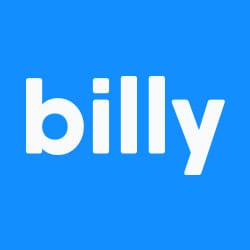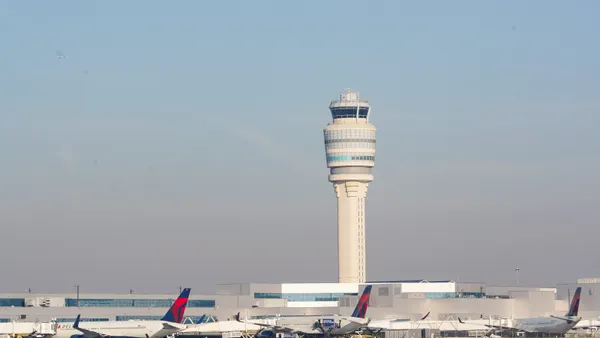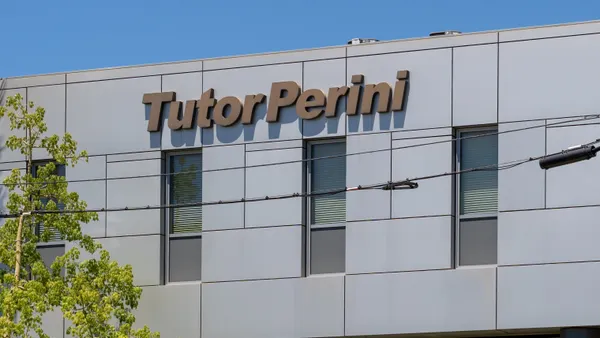Dive Brief:
- Hyperloop Transportation Technologies' (HTT) signed deal, which includes agreements with the North Ohio Areawide Coordinating Agency and the Illinois Department of Transportation, could result in the first public-private partnership for a hyperloop system in the U.S., reported Tech Crunch.
- The first step for HTT is to conduct a feasibility study to determine if it’s possible to build a Cleveland to Chicago route. The study will examine the viability of several corridors to connect the two cities.
- Ohio's legislature passed a resolution in January supporting the initiative, and is working with congressional representatives from several states to send a letter to the Trump administration requesting federal funding for the project.
Dive Insight:
Ultra-high-speed rail projects have dominated part of the conversation around infrastructure for much of the past year. Cities and states, especially those looking to upgrade their infrastructure to accommodate growing populations and to offset increasing traffic, have turned their attention to potential high-speed rail projects, from hyperloops to maglev trains.
Virgin Hyperloop One, which yesterday signed an agreement to build the first hyperloop system in India, is considering four other U.S. sites for a potential hyperloop, including Chicago to Columbus to Pittsburgh; Cheyenne, Wyo., to Denver to Pueblo, Colo.; Miami to Orlando, Fla.; and Dallas to Houston.
Meanwhile, Arrivo, another hyperloop company, has partnered with Colorado transportation officials and the E-470 Public Highway Authority to build a high-speed tube system in Denver that would carry commuters and their vehicles at speeds of up to 200 mph. The network of tubes would transport commuters to popular destinations along existing highways and may enable tractor-trailers to bypass the city. Before it can move forward, however, the project needs to secure financing, regulatory approvals and public buy-in.
The potential Cleveland to Chicago hyperloop isn't the only feasibility study underway in the U.S. Earlier this month, the Missouri Hyperloop Coalition announced it will conduct a $1.5 million study to determine the viability of a hyperloop system connecting St. Louis to Kansas City, Mo. The coalition also hopes to develop cost estimates for the hyperloop system, as well as potential funding sources. No taxpayer money will be spent on the project.
As routes are being considered, hyperloop technology continues to advance. In a test, Virgin Hyperloop One reached a top speed of 240 mph in December 2017, a substantial increase from the previous maximum speed of 192 mph. Even so, it’s a far cry from the targeted 700 mph developers hope to eventually see. To test the high-speed tunnel transportation system at that speed, however, the firm will have to expand its test track outside Las Vegas by 1.2 miles.













